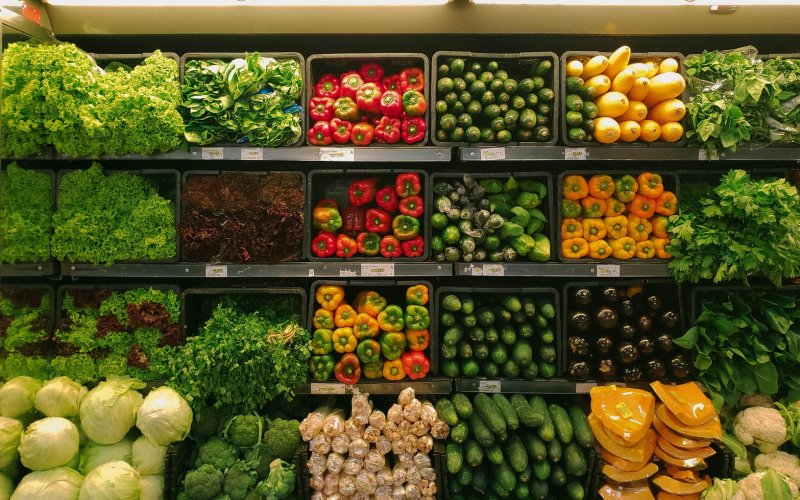COVID-19 and Emergency Food Provisions in U.S. Cities

ALBANY, N.Y. (December 9, 2020) - Department of Environmental Health Sciences Associate Professor Beth Feingold, PhD candidate Mariana Torres and Assistant Professor Xiaobo Romeiko, in conjunction with colleagues across the nation, examined emergency food provisions for children and families during the COVID-19 global health crisis.
In the wake of the COVID-19 pandemic and ensuing school closures, the federal government has responded by providing funds for emergency food provisions, however, school districts and city officials have been left on their own to decide which course of action is most effective in developing feeding initiatives for those in need.
The researchers explain that “school officials in particular are not trained to design effective food policies, and the patchwork approach may have left some families with children behind.” Thus, the colleagues decided that an extensive exploration of emergency food provision programs during the pandemic was necessary.
In the study, emergency food provision program designs developed in five cities were examined. The most effective approaches depended on cross-sector collaboration, adaptable supply chains and addressing gaps in service to increased-risk populations.
As unprecedented events associated with COVID-19 continue to cause unforeseeable school closures, structured emergency food supply plans are crucial for the sustainably of families across the world. Thus, the findings of this study may be useful for the development of subsequent emergency food provisions in other regions.


